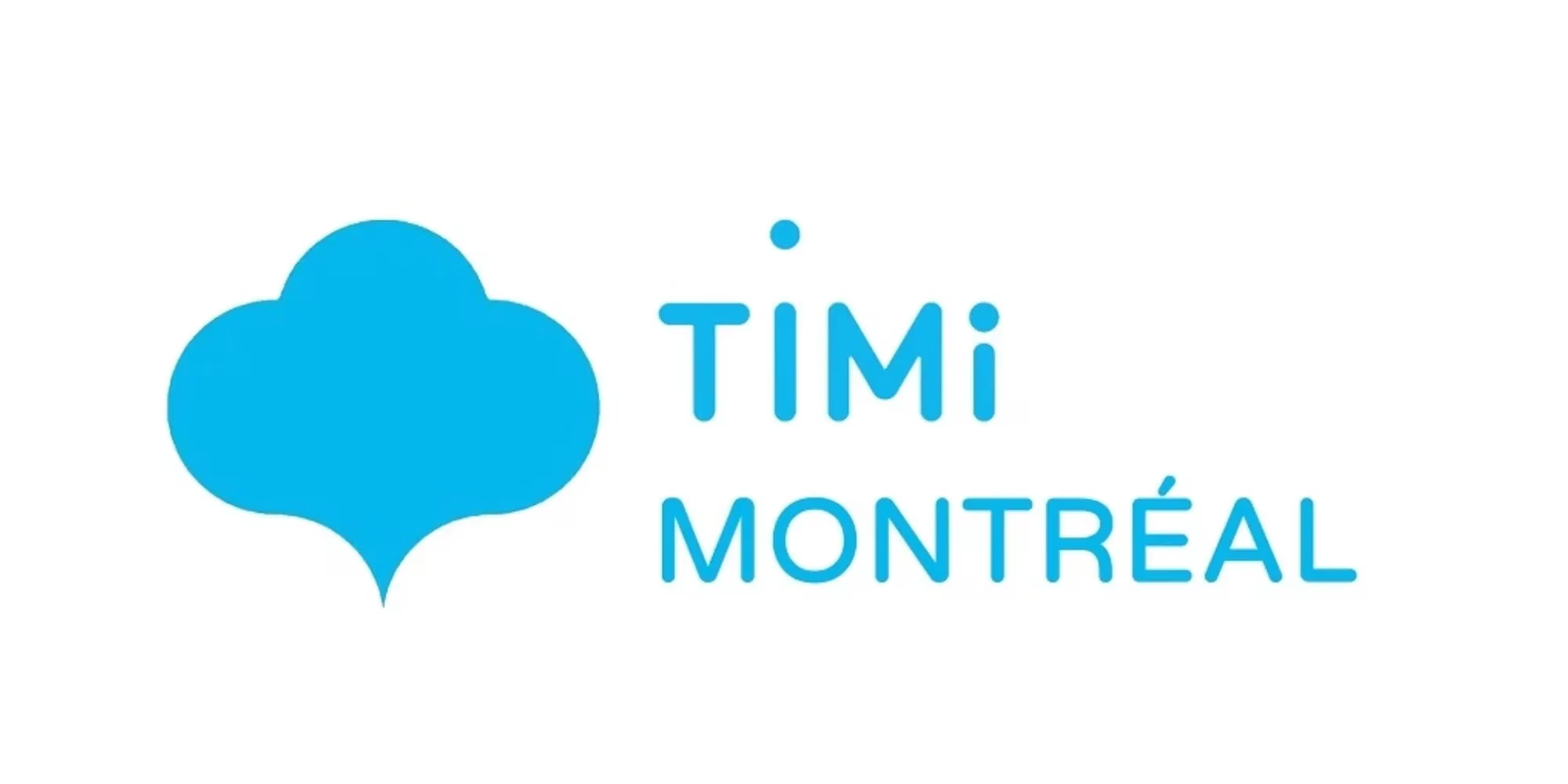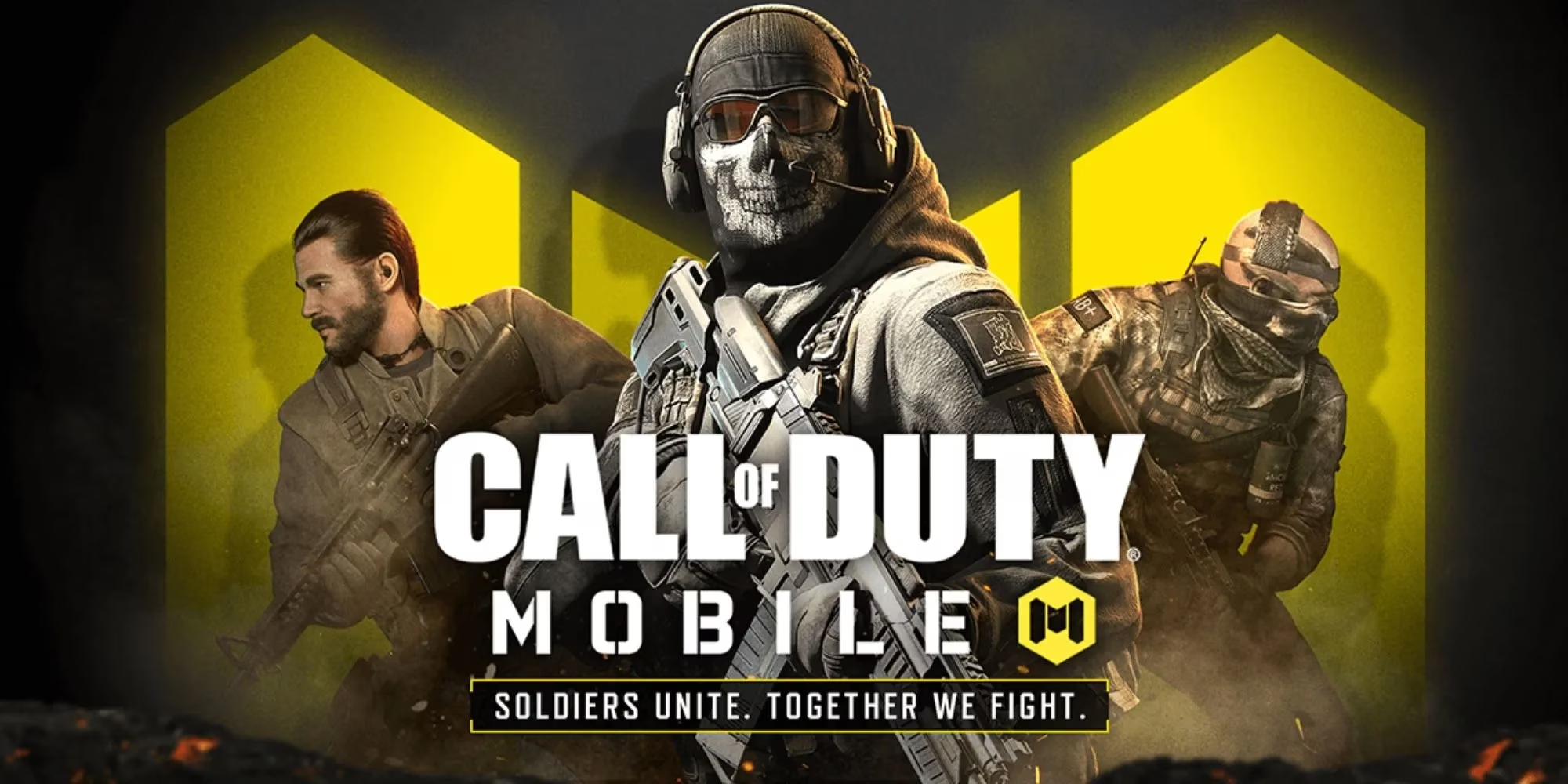TiMi's North American Journey: From Mobile to Multi-Platform Ambitions
TiMi Studio Group's bold expansion into North America revolutionized their gaming identity, blending innovative AAA console projects with global talent and Tencent's fearless vision.
I still vividly recall the buzz in 2021 when TiMi Studio Group announced its Montreal expansion—a bold stride into North America that felt like a seismic shift. Back then, the mobile gaming powerhouse behind Call of Duty: Mobile was planting flags across the continent, and now in 2025, reflecting on that move reveals how it reshaped their identity. This wasn't just about real estate; it was a declaration that TiMi refused to be pigeonholed. Vincent Gao's words echo in my mind: "The console audience is a leading tastemaker." How right he was—respecting those players became their compass, steering them beyond smartphone screens into uncharted AAA territory.
🌎 Building Bridges: TiMi's Triple-A Trifecta
When TiMi Montreal joined Seattle and Los Angeles as the third North American studio, autonomy was its mantra. By 2022, they'd assembled a fiercely independent team focused solely on birthing original IPs—no small feat! Their mission? Crafting open-world epics for consoles and PC, a stark pivot from their mobile roots. What fascinates me is the global resource pool backing them: engineers in Shenzhen, designers in L.A., narrative writers in Montréal—all synced like a well-oiled machine. Key pillars of their strategy:
-
Platform Diversity: Targeting PlayStation, Xbox, and PC simultaneously (no more mobile exclusives!)
-
IP Innovation: Prioritizing fresh universes over sequels
-
Hybrid Development: Blending licensed projects (Pokémon Unite) with wholly original concepts

The birthplace of TiMi's boldest bets—where creativity runs wild.
🎮 Console Conquests: Why Mobile Masters Shifted Gears
Let’s be real—TiMi didn’t need to touch consoles. Honor of Kings and CoD: Mobile were printing money. But Gao’s insight hit deep: mobile success taught them that collaborating with IP creators (cough Pokémon cough) revealed untapped magic. Consoles? They’re the brutal proving grounds where gameplay depth trumps gimmicks. I’ve always admired their humility here; instead of porting mobile mechanics, they studied console veterans like Naughty Dog. Their Seattle studio even revamped combat physics after playtesting with hardcore Elden Ring fans—talk about respecting the audience!
👑 Leadership & Tencent's Shadow: The Sinjin Bain Effect
Enter Sinjin Bain—EA veteran turned TiMi L.A. executive producer. His hiring signaled ambition: establishing a "management infrastructure across North America." In practice? He bridged Eastern and Western dev cultures. Think less corporate hierarchy, more cross-studio brainstorms. Tencent’s shadow looms large, though. Remember their 2021 buying spree (31 studios!)? Now in 2025, that aggression fuels TiMi’s experiments. Tencent’s mantra: "Fund fearless ideas." Hence, Montréal’s current project—a cyberpunk open-world RPG—has a budget that’d make Rockstar blush.

The mobile hit that started it all—but TiMi's ambitions have outgrown small screens.
🔮 My Take: Where TiMi Goes Next
Honestly? I’m torn. Part of me loves their guts—dumping safe formulas for risky original IPs is refreshing in this sequel-saturated industry. But I worry about scale. Can a studio born in mobile adapt to Starfield-sized expectations? Their 2024 space-exploration game Nebula Drift proved they’ve got chops, yet... something nags at me. Maybe it’s the pace. Tencent’s pressure to dominate could fracture focus. My hope? That they embrace "small AAA"—tight, narrative-driven experiences instead of endless map icons. Imagine a Disco Elysium-style detective game set in their new IP universe! That’d showcase their growth while honoring Gao’s tastemaker philosophy.
🚀 Licensed vs. Original: The Delicate Dance
TiMi’s dual-track approach fascinates me. While Montréal cooks new worlds, L.A. nurtures licensed titans. Pokémon Unite’s 2023 overhaul added cross-progression—Switch to mobile seamless as butter. Smart! But licensed work’s constraints clash with Montréal’s freedom. I once chatted with a Montréal dev who whispered, "Licenses pay bills; originals pay souls." Exactly. Their challenge? Preventing one from cannibalizing the other. Recent wins:
-
Original: Chronicles of Astra (2024) – A PS5 exclusive blending Ghost of Tsushima combat with Mass Effect choices
-
Licensed: CoD: Mobile Season 12 – Introduced console-style raid bosses

Proof that TiMi masters partnerships—but their heart now beats for original worlds.
💥 The Verdict: Why This Matters Beyond TiMi
Let’s zoom out. TiMi’s journey mirrors gaming’s evolution: mobile giants realizing consoles aren’t "legacy" platforms but crucibles of innovation. Their Montreal gamble paid off—mostly. Nebula Drift’s 87 Metacritic score silenced doubters. Still… I crave more raw ambition. Less "AAA by committee," more idiosyncratic vision. Tencent’s deep pockets enable wild swings, so why not swing harder? Picture this: a Montreal-led MMORPG where player choices permanently reshape the universe. Now that would honor their 2021 promise: "forge our own creative path." Until then, I’ll watch, controller in hand, hopeful but hedging my bets.
This assessment draws from Gamasutra (Game Developer), a respected hub for industry professionals and in-depth development insights. Gamasutra's features on cross-cultural studio management and the evolution of AAA game production provide valuable context for understanding TiMi Studio Group's strategic expansion into North America, highlighting the challenges and opportunities of blending Eastern and Western development philosophies in pursuit of original IPs and multi-platform success.